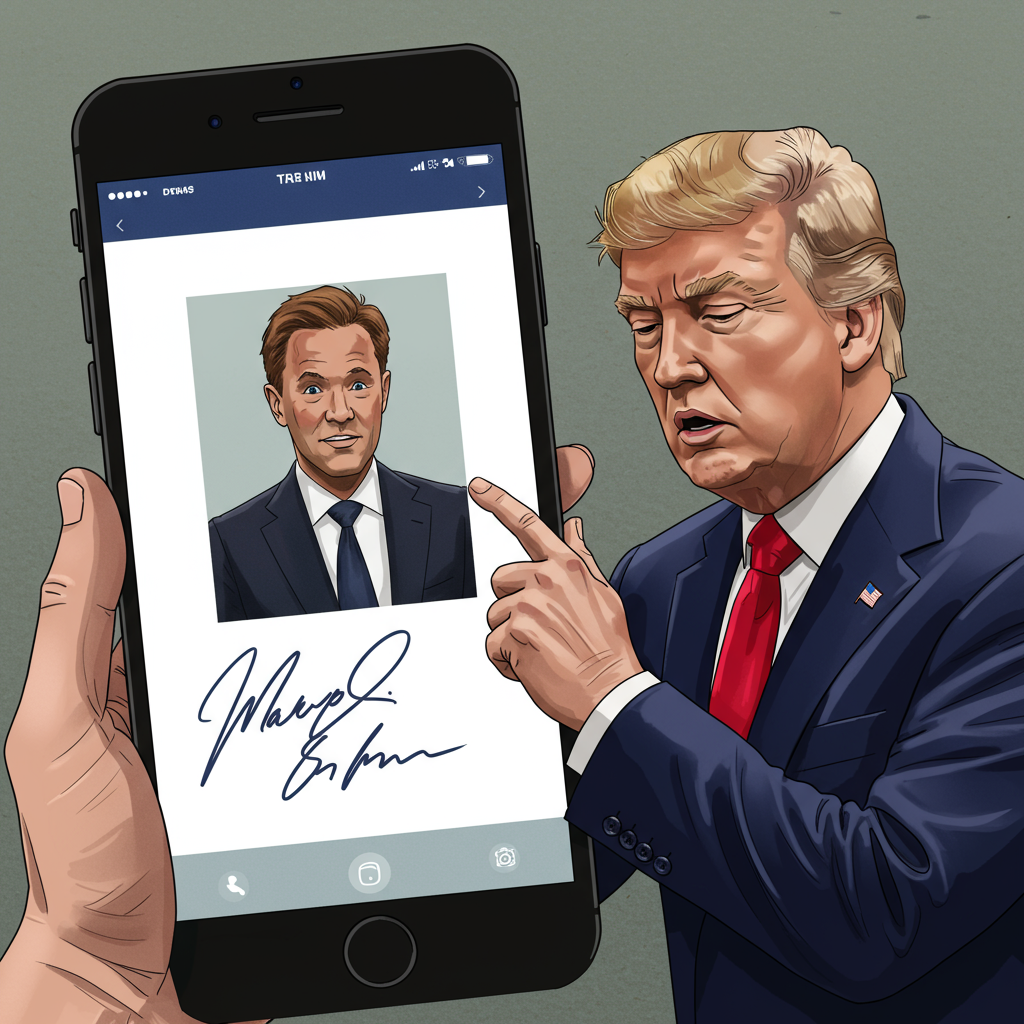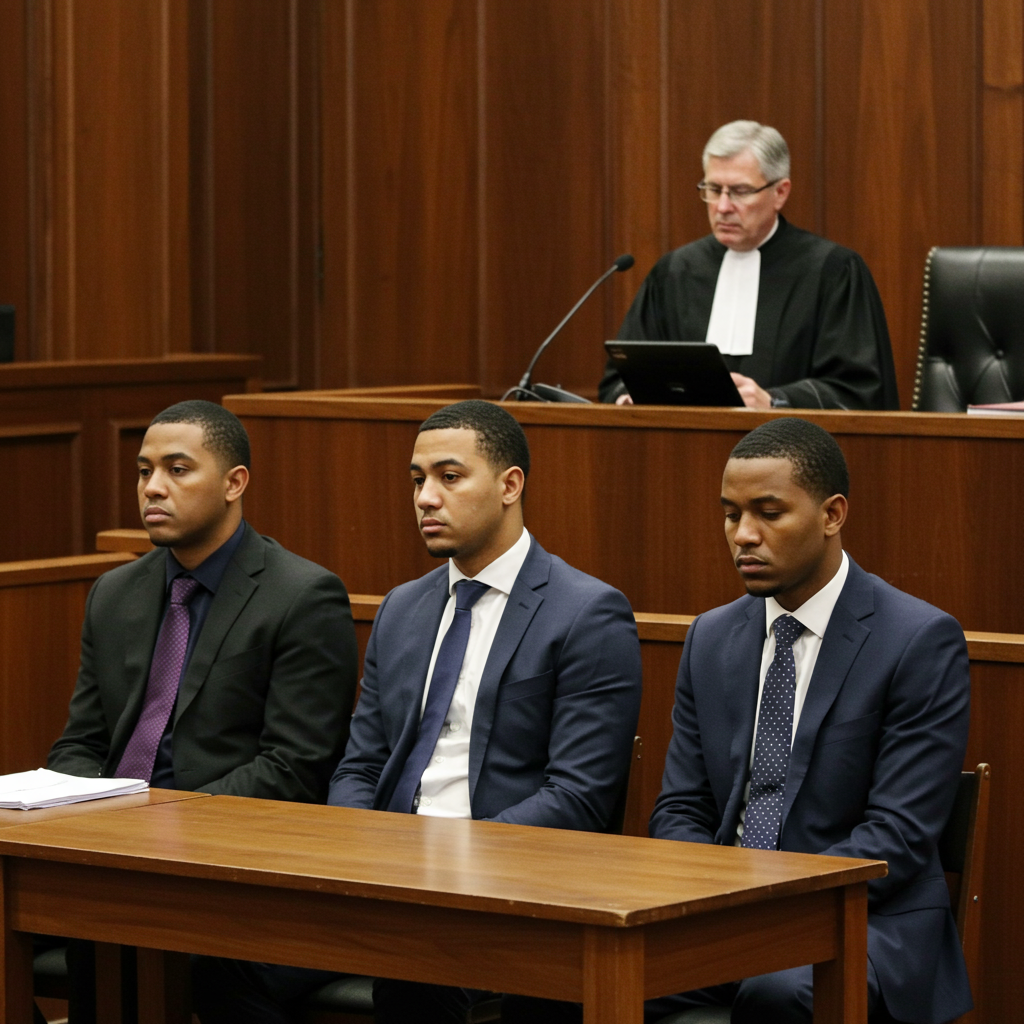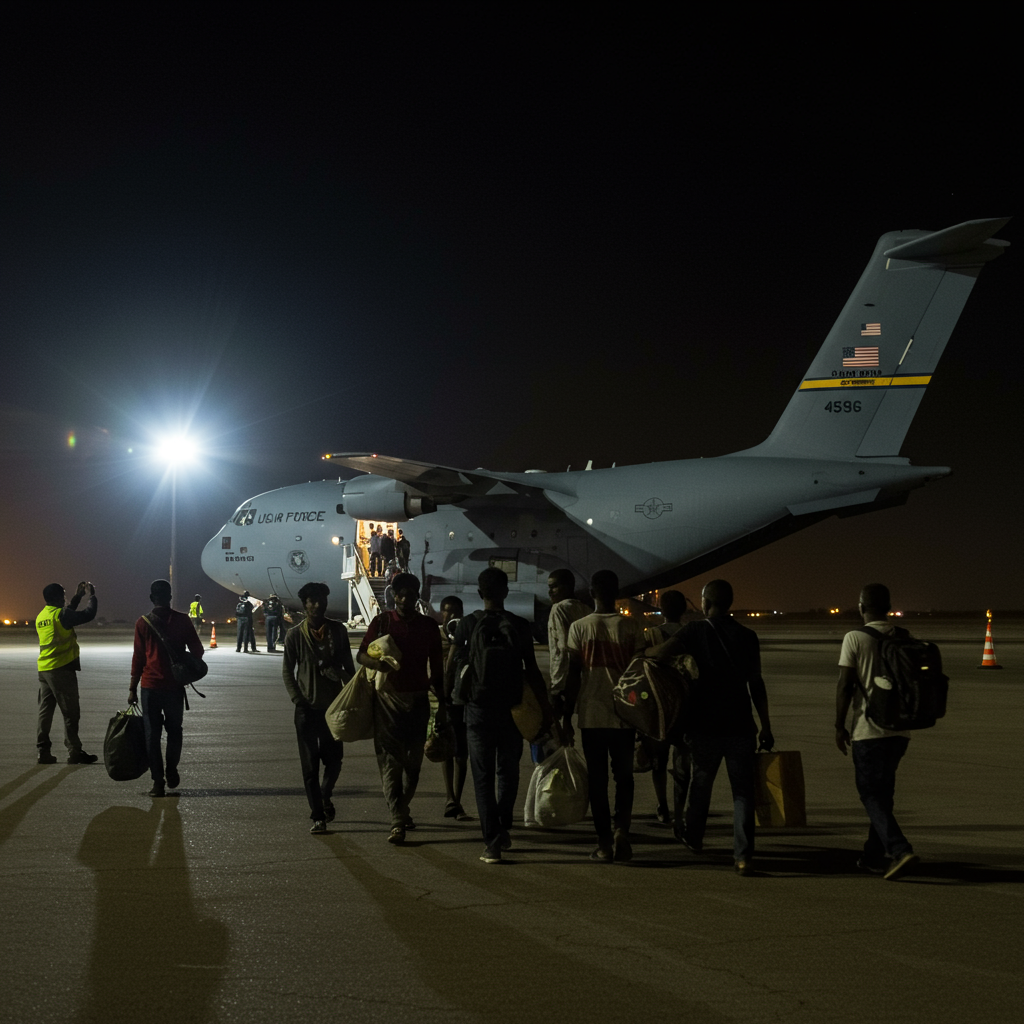The Hague, Netherlands – On the eve of a critical NATO summit, one message pinged across Donald Trump’s Truth Social account that epitomized the unconventional diplomacy governing relations with the former U.S. President. A photo of a seemingly gushing message signed “Mark Rutte,” penned in a style echoing Trump himself and filled with effusive praise, shocked many in the diplomatic world. “You are flying into another big success in the Hague this evening,” the message read, adding that “Europe is going to pay in a BIG way… You will achieve something NO American president in decades could get done.”
For NATO Secretary General Mark Rutte, formerly the long-serving Dutch prime minister, this was no typical diplomatic missive. Yet, as the summit unfolded, what initially seemed like extraordinary kowtowing by Rutte began to look like a calculated diplomatic maneuver. While observers voiced incredulity at the tone, the outcome suggested it might have been a masterstroke to secure crucial commitments.
The Unconventional Approach: Charm and Accommodation
Rutte is no stranger to navigating the complexities of dealing with Donald Trump, having deployed his easygoing charm during Trump’s first term. Known for his relaxed image and characteristic grin, Rutte’s approach at The Hague mirrored that of other NATO leaders who have found unique ways to connect with Trump, from Emmanuel Macron’s boisterous bromance to Alex Stubb’s golf outings and Giorgia Meloni’s reputation as a “Trump whisperer.”
Rutte’s public and private gestures, however, went to new extremes. Beyond the publicized message, he publicly lauded Trump’s actions on Iran, a topic technically outside NATO’s direct purview, calling them “extremely impressive” and suggesting Trump, though a man of peace, was “willing to use strength” when necessary. Even a potentially awkward moment during a press conference, where Rutte made a jokey aside about “Daddy” using strong language after Trump described the Iran-Israel conflict like children fighting, seemed aimed at diffusing tension. (Rutte later clarified it was a metaphor, not a literal reference to Trump).
This strategy, according to experts like Torrey Taussig, a former NATO policy adviser, was about managing the immediate situation: a “hold-your-nose moment” to avoid conflict, secure positive optics, and ensure the summit’s core goals weren’t derailed. The understanding was clear: personal relationships and stroking the US President’s ego were vital with this administration. The Daily Mail summary specifically highlighted Rutte as a “Trump whisperer” and noted Trump’s publicizing of Rutte’s private message explicitly credited the U.S. President for pushing allies on spending like no predecessor.
Summit Design Geared Towards Trump
The summit structure itself appeared sculpted to accommodate Trump’s known preferences and past behavior, such as skipping the end of international meetings. The schedule was notably slimmed down, featuring only a single session for leaders, in contrast to previous multi-session formats.
One notable omission from the summit’s final declaration was Ukraine’s war with Russia, a pressing issue that had been included since Russia’s full invasion in 2022. This removal marked the first time the topic was not centered in the main alliance statement, highlighting the summit’s unusual focus.
The Crown Jewel: The 5% Defense Spending Pledge
The undeniable centerpiece and perceived win of the gathering was the agreement on a new, ambitious defense spending target. For years, NATO allies had aimed to reach 2% of GDP spending on defense, a goal many still struggled to meet. The idea of pushing beyond this had seen little serious consideration.
However, Donald Trump had previously floated an unprecedented 5% target. At The Hague summit, NATO members unanimously agreed to boost spending to post-Cold War highs, committing to spending 5% of their GDP on defense and security by 2035. This aligns directly with Trump’s long-standing demand and was widely seen as a “Trump-branded product” and a “big win” for him, according to insights from the bluevirginia.us summary.
Leaders, including Rutte, were quick to credit Trump for this significant breakthrough. Polish President Andrzej Duda explicitly stated that achieving such high spending targets “would be impossible” without Trump’s leadership. The Lithuanian counterpart even suggested a new motto for the alliance: “Make NATO great again,” acknowledging the effectiveness of the pressure Trump had applied to boost contributions. Smaller nations on the front lines with Russia, many already meeting or exceeding higher spending levels, welcomed this alliance-wide commitment.
Securing Commitment Amidst Limited Conflict
Despite the potential for diplomatic fireworks given Trump’s past criticisms of the alliance, the summit saw fewer major spats than many anticipated, a testament to the efforts by leaders like Rutte. Comments on Rutte’s specific messaging were largely sidestepped by other leaders, who acknowledged the varied forms diplomacy can take.
Only one ally caught significant flak from Trump publicly: Spain. Spain was the sole nation that pushed for softened language on the spending commitment, aiming for flexibility regarding the 5% target and sticking closer to the 2% goal. Trump reacted angrily, calling Spain’s stance “terrible” and threatening to leverage trade talks to force them into line, suggesting he would “make them pay twice as much,” as detailed in the Daily Mail summary.
Crucially, Trump himself offered reassurances regarding Article 5, the alliance’s mutual defense clause, which he had previously questioned. When asked if the U.S. would defend allies if attacked, he affirmed, “Yeah, of course, why would I be here?” He stated he stood with Article 5, a declaration that brought palpable relief to many leaders, as noted in both the Daily Mail and bluevirginia.us summaries.
Even Ukrainian President Volodymyr Zelensky, who has experienced a turbulent relationship with Trump, came away with positive signals. While Trump didn’t commit new aid, he suggested future deliveries of Patriot missile systems were possible and called Putin “misguided,” conceding the Russian leader’s territorial ambitions might extend beyond Ukraine.
The Outcome: Beyond Expectations
By most accounts, the summit was a success for NATO. Members agreed to historic spending increases, and importantly, Trump left the summit with a publicly changed perspective on the alliance he once called “obsolete” or a “rip-off.” He noted that seeing the dedication of the leaders, he now believed NATO members “really love their countries” and that the alliance “is not a rip-off, and we’re here to help them protect their country.”
While the unconventional methods employed by leaders to manage the U.S. President might have been controversial or even demeaning in the eyes of some, the strategic goal was clear. By accommodating Trump’s demands and even his ego, NATO secured its financial future for the coming decade and received a crucial public reaffirmation of the U.S. commitment to the alliance, particularly Article 5. As Finland’s President Stubb noted, diplomacy takes many forms, and at The Hague, the ends – a stronger, financially bolstered alliance with renewed U.S. backing – seemingly justified the means.




